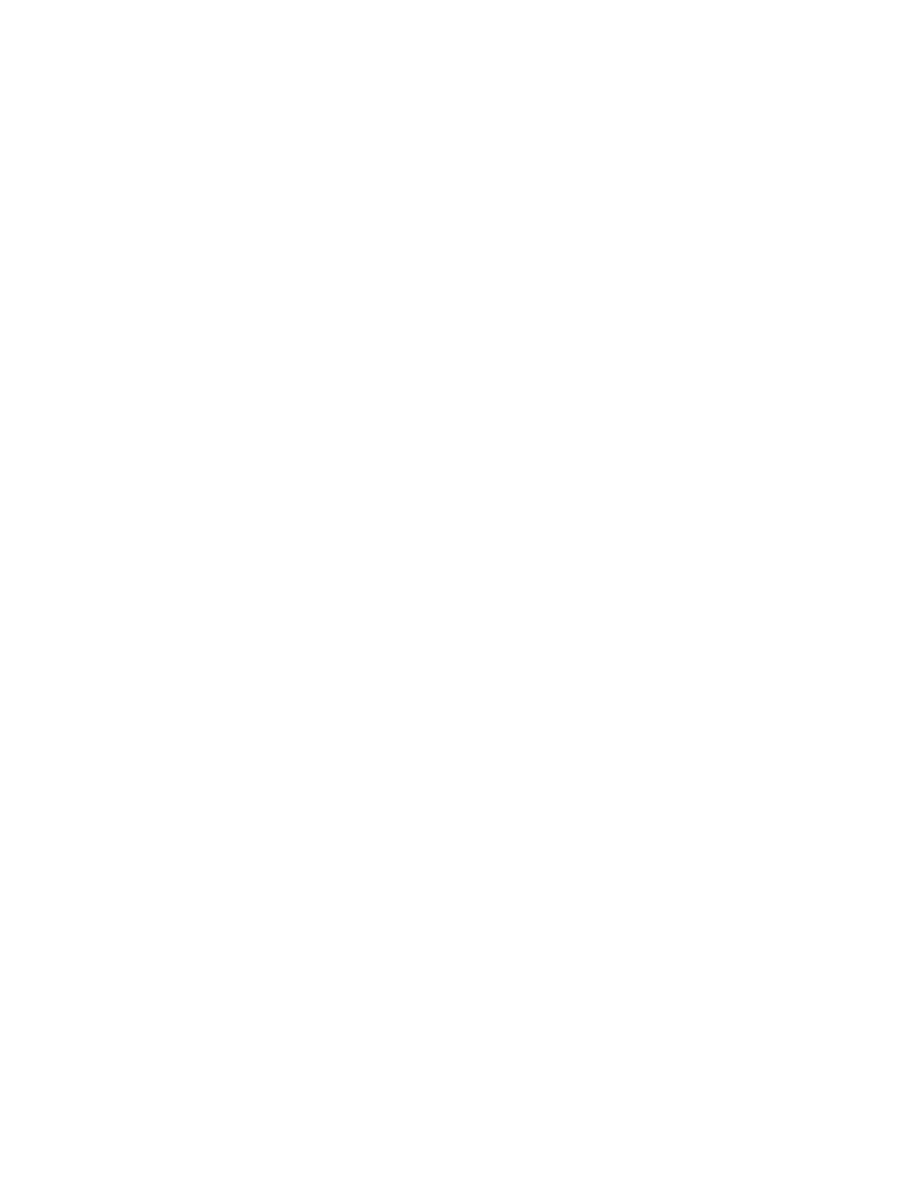
784
14 CFR Ch. I (1–1–14 Edition)
§ 29.967
(4) Under paragraph (d)(3)(ii) and (iii),
the time of test must be adjusted to ac-
complish the same number of vibration
cycles as would be accomplished in 25
hours at the frequency specified in
paragraph (d)(3)(i) of this section.
(5) During the test, the tank assem-
bly must be rocked at the rate of 16 to
20 complete cycles per minute through
an angle of 15 degrees on both sides of
the horizontal (30 degrees total), about
the most critical axis, for 25 hours. If
motion about more than one axis is
likely to be critical, the tank must be
rocked about each critical axis for 12
1
⁄
2
hours.
(Secs. 313(a), 601, and 603, 72 Stat. 752, 775, 49
U.S.C. 1354(a), 1421, and 1423; sec. 6(c), 49
U.S.C. 1655 (c))
[Doc. No. 5084, 29 FR 16150, Dec. 3, 1964, as
amended by Amdt. 29–13, 42 FR 15046, Mar. 17,
1977]
§ 29.967
Fuel tank installation.
(a) Each fuel tank must be supported
so that tank loads are not con-
centrated on unsupported tank sur-
faces. In addition—
(1) There must be pads, if necessary,
to prevent chafing between each tank
and its supports;
(2) The padding must be non-
absorbent or treated to prevent the ab-
sorption of fuel;
(3) If flexible tank liners are used,
they must be supported so that they
are not required to withstand fluid
loads; and
(4) Each interior surface of tank com-
partments must be smooth and free of
projections that could cause wear of
the liner, unless—
(i) There are means for protection of
the liner at those points; or
(ii) The construction of the liner
itself provides such protection.
(b) Any spaces adjacent to tank sur-
faces must be adequately ventilated to
avoid accumulation of fuel or fumes in
those spaces due to minor leakage. If
the tank is in a sealed compartment,
ventilation may be limited to drain
holes that prevent clogging and that
prevent excessive pressure resulting
from altitude changes. If flexible tank
liners are installed, the venting ar-
rangement for the spaces between the
liner and its container must maintain
the proper relationship to tank vent
pressures for any expected flight condi-
tion.
(c) The location of each tank must
meet the requirements of § 29.1185(b)
and (c).
(d) No rotorcraft skin immediately
adjacent to a major air outlet from the
engine compartment may act as the
wall of an integral tank.
[Doc. No. 5084, 29 FR 16150, Dec. 3, 1964, as
amended by Amdt. 29–26, 53 FR 34217, Sept. 2,
1988; Amdt. 29–35, 59 FR 50388, Oct. 3, 1994]
§ 29.969
Fuel tank expansion space.
Each fuel tank or each group of fuel
tanks with interconnected vent sys-
tems must have an expansion space of
not less than 2 percent of the combined
tank capacity. It must be impossible to
fill the fuel tank expansion space inad-
vertently with the rotorcraft in the
normal ground attitude.
[Amdt. 29–26, 53 FR 34217, Sept. 2, 1988]
§ 29.971
Fuel tank sump.
(a) Each fuel tank must have a sump
with a capacity of not less than the
greater of—
(1) 0.10 per cent of the tank capacity;
or
(2)
1
⁄
16
gallon.
(b) The capacity prescribed in para-
graph (a) of this section must be effec-
tive with the rotorcraft in any normal
attitude, and must be located so that
the sump contents cannot escape
through the tank outlet opening.
(c) Each fuel tank must allow drain-
age of hazardous quantities of water
from each part of the tank to the sump
with the rotorcraft in any ground atti-
tude to be expected in service.
(d) Each fuel tank sump must have a
drain that allows complete drainage of
the sump on the ground.
[Doc. No. 5084, 29 FR 16150, Dec. 3, 1964, as
amended by Amdt. 29–12, 41 FR 55473, Dec. 20,
1976; Amdt. 29–26, 53 FR 34217, Sept. 2, 1988]
§ 29.973
Fuel tank filler connection.
(a) Each fuel tank filler connection
must prevent the entrance of fuel into
any part of the rotorcraft other than
the tank itself during normal oper-
ations and must be crash resistant dur-
ing a survivable impact in accordance
with § 29.952(c). In addition—
VerDate Mar<15>2010
10:12 Mar 18, 2014
Jkt 232046
PO 00000
Frm 00794
Fmt 8010
Sfmt 8010
Y:\SGML\232046.XXX
232046
pmangrum on DSK3VPTVN1PROD with CFR